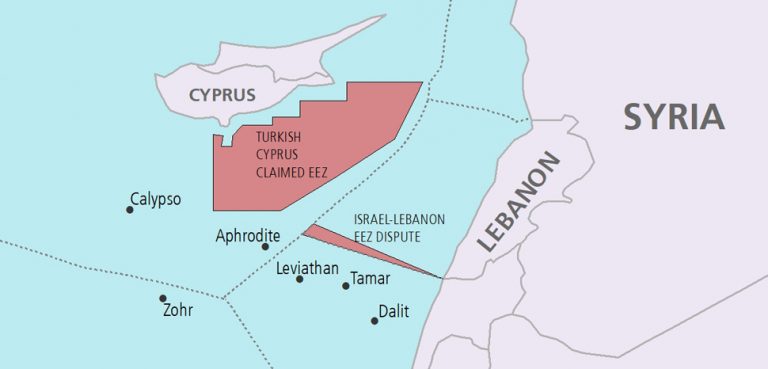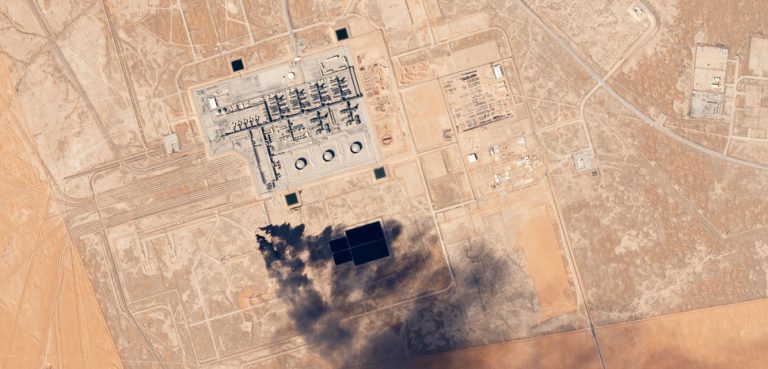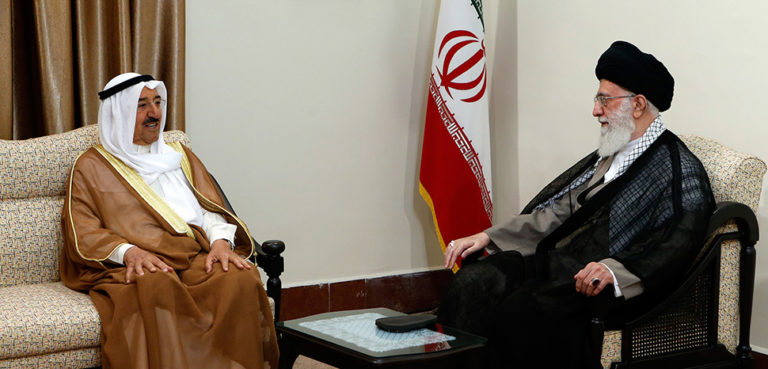The Middle East is a region of strategic importance for the European Union due to its geographical proximity and historical, economic, and political ties. However, the region is also a source of instability and conflict, which pose serious threats to the security and interests of the EU member states. The recent escalation of the war between Israel and Hamas, the ongoing violence in the occupied West Bank, and the clashes between Israel and Hezbollah at the Lebanon border have added to the complexity and urgency of the situation. How can the EU play an active and effective role in the Middle East, by adopting a new global strategy and changing its political and security approach? What are the tools, challenges, and opportunities that the EU has in the region?
EU Policy in the Middle East
The EU has pursued two main strategies toward the Middle East region in the past two decades: the European Neighborhood Policy (ENP) and the Euro-Mediterranean Partnership (EMP). These strategies have aimed to prevent the spread of security crises in the Union’s neighboring countries by promoting European norms, such as liberal democracy, human rights, and the rule of law. However, these strategies have proven to be ineffective and insufficient in dealing with fast-changing and dynamic developments in the region. The ENP and the EMP have failed to address the root causes of the problems and conflicts in the region, such as the lack of political and economic reforms, the marginalization and oppression of people, the interference of external actors, and the unresolved issue of the Israeli-Palestinian conflict. Recent regional events, such as the Arab Spring and the emergence of new power structures and transnational actors, have shown the limitations and inefficiencies of these strategies. They have also highlighted the need for the European Union to review and redefine its role in the international system, especially in the Middle East region.
The EU acknowledged this need in its global strategy document of 2016, where it stated that internal and external security are interlinked and that the current challenges and threats, such as terrorism and violence, in the Middle East and North Africa region are a common opportunity for EU countries to build a stronger Europe based on interests and principles. The EU also declared its intention to enhance its security and defense policy by developing more military capabilities and increasing its cooperation with NATO and other partners. Finally, Brussels expressed its commitment to support the political and economic transitions in the region by providing more financial and technical assistance, fostering dialogue and cooperation, and promoting regional integration and stability.
EU Challenges in the Middle East
However, the EU faces three barriers to playing an active and effective role in the Middle East. Firstly, there is a lack of a coherent and comprehensive approach toward the region at the Union level. This stems from the divergent interests and perspectives of the major European countries, which make it hard to reach a common policy in dealing with the complex and diverse issues and actors in the region. This problem has led to the independent policies of large and powerful European countries, such as France and Germany, who pursue bilateral interactions with regional actors to gain influence and geostrategic position. Another factor that limits the EU’s role is the economic crisis, which has reduced the financial capacity of the Union to manage and respond to the needs of this crisis-stricken region. The EU’s structural weakness, the lack of a judicial mechanism to enforce its decisions and resolutions, and its insufficient foreign policy levers are other factors that undermine the Union’s decision-making capacity.
Secondly, the Middle East has diverse and complex political structures, problems, crises, and actors. The governments in the region are not mainly based on the will and vote of the people, but rather on various forms of authoritarianism, sectarianism, nationalism, and tribalism. The region also faces various types of crises, such as civil wars, ethnic conflicts, humanitarian disasters, terrorism, and extremism. The actors in the region are not only states but also non-state actors, such as militias, rebel groups, religious movements, and regional powers. These factors make it difficult for the Union to adopt a fixed and specific policy for the region, as it has to deal with each case separately and independently.
Lastly, trans-Atlantic issues have also hindered the EU’s active and effective role in the Middle East, as the United States and Israel have often opposed the EU’s independent role, instead preferring that the EU play a complementary role within the framework of their policies. The United States and Israel have different interests and perspectives from the EU on various issues in the region, such as the Iranian nuclear program, the Israeli-Palestinian conflict, the Syrian crisis, and the role of regional powers.
EU Opportunities in the Middle East
Despite these challenges, the EU also has some opportunities to play a positive and constructive role in the Middle East, by using its soft power and diplomatic tools, as well as its economic and humanitarian aid. The EU can leverage its reputation and credibility as a neutral and honest broker, as well as its experience and expertise in conflict resolution and peacebuilding, to mediate and facilitate dialogue and cooperation among the conflicting parties in the region. The EU can also support the political and economic reforms and transitions in the region by providing more incentives and conditionality, as well as more flexibility and differentiation, to the countries that are willing and able to implement the European norms and values. The EU can also promote regional integration and stability by supporting the existing regional organizations and initiatives, such as the Arab League and the Arab Peace Initiative, and by creating new platforms and mechanisms for dialogue and cooperation, such as the Union for the Mediterranean and the 5+5 Dialogue.
The EU can also cooperate and coordinate with other international and regional actors, such as the United States, Russia, China, Turkey, and Iran, to address the common challenges and threats in the region, such as the proliferation of weapons of mass destruction, global terrorism, climate change, and migration. Finally, the EU can use its trade and energy relations with the region, as well as its development and humanitarian assistance, to foster economic and social development, reduce poverty and inequality, and improve the living conditions and human rights of the people in the region.




